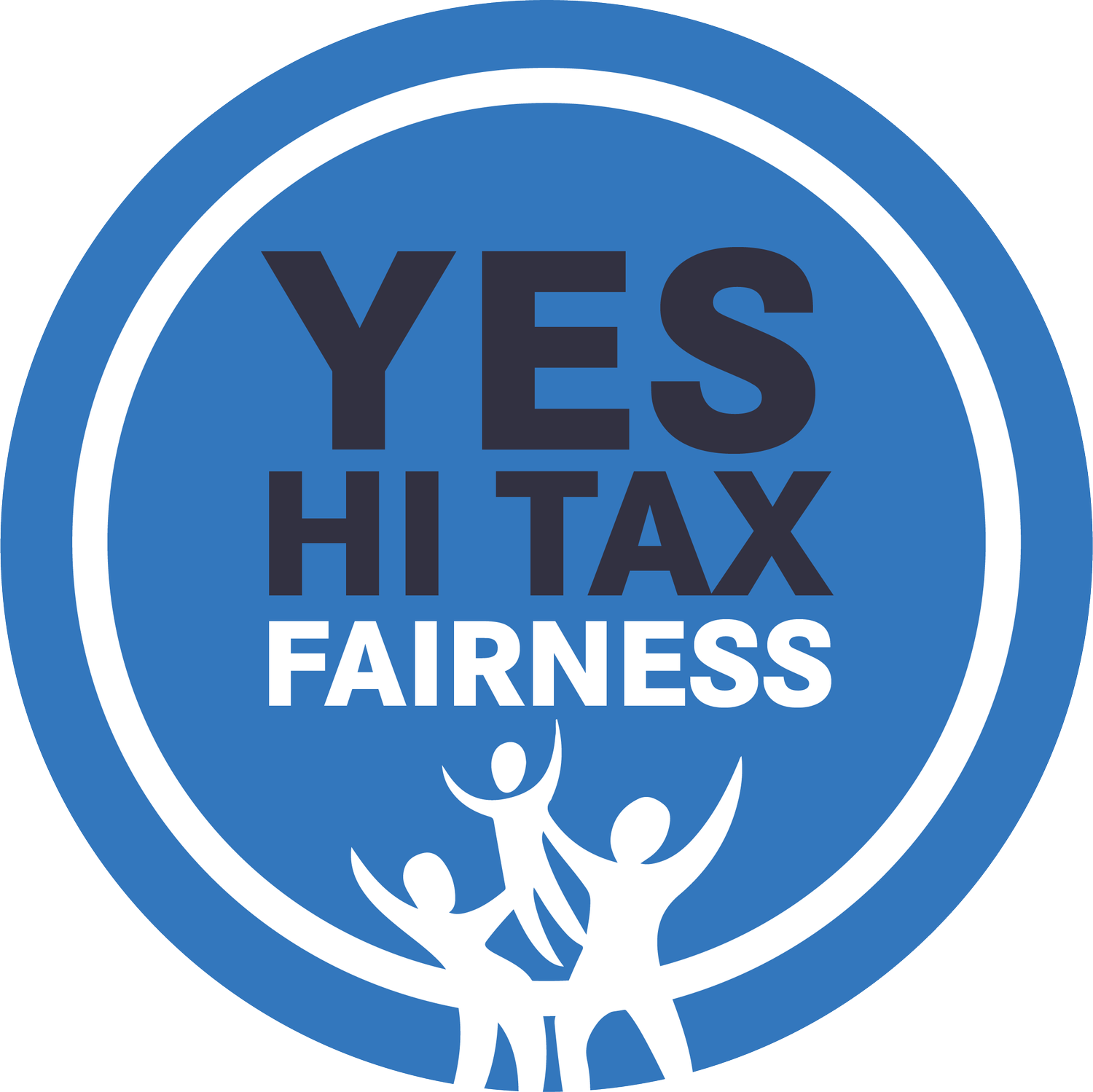How the legislature can help ALICE families
All of Hawaiʻi’s families deserve the chance to live a life where their most basic needs are met. However, with one of the highest costs of living in the nation, many of Hawaiʻi’s households still struggle to afford basic necessities like housing, food and health care.
That’s where an underutilized piece of our tax code can help make a difference—the Earned Income Tax Credit, or EITC. Created with bipartisan support at the federal level in the mid-1970s, this credit allows working families—especially families with children—to keep more of what they’ve earned through their labor at tax time.
In 2017, Hawaiʻi took the historic step of passing its own state-level EITC, which provides tax relief alongside the federal credit. In the last five years, Hawaiʻi’s EITC has delivered more than $100 million in tax relief for working families. In 2020, 64,000 residents benefited from the state EITC, receiving an average credit of $328.
But unless the legislature takes action this month by passing a bill to renew Hawaiʻi’s state EITC, tens of thousands of households could lose access to this important lifeline at a critical point in our state’s pandemic recovery.
On April 4, Aloha United Way released a special, children-focused ALICE update revealing that, in 2019, 47% of all children in Hawaiʻi lived in households experiencing financial hardship. Having two working parents isn’t enough to avoid this fate—28% of Hawaiʻi children in households with two adults in the labor force were still below the ALICE threshold in 2019, pre-pandemic.
The EITC is tailor-made for this problem—targeting tax relief to the children and families that most need it. Instead of letting it expire, the Legislature should improve the credit by making it “refundable,” like the federal EITC. Nonrefundable EITCs reduce a person’s tax liability, but they do not boost the size of a household’s refund. This means that workers with the lowest incomes cannot access the full value of the state tax credit because they often have little to no income tax liability.
The EITC is far more effective as both a household budget lifeline and as an economic stimulus when it is fully refundable and puts cash directly in the hands of families that need it most.

